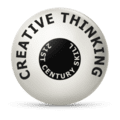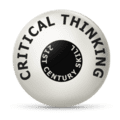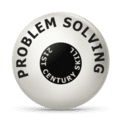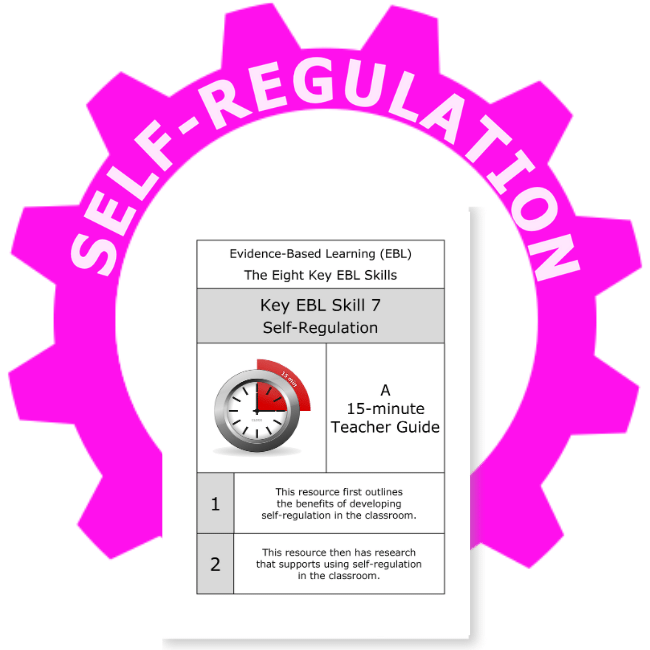

Self-regulation is the key to academic success. When students learn to manage their time, attention, and emotions, they are better able to learn and achieve their goals. John D. Bransford
Introduction to Self-Regulation
Self-Regulation is the seventh Evidence Based Learning skill proven by research to maximise learning.
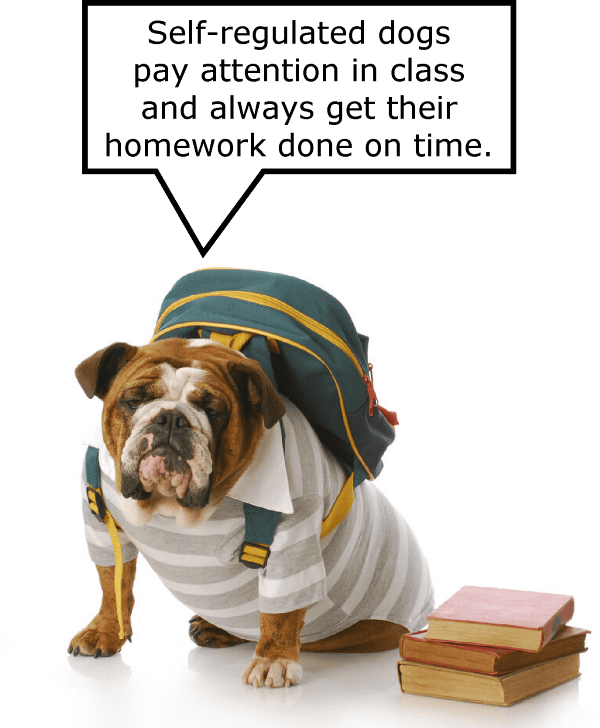
Self-regulation refers to the degree to which pupils can control aspects of:
– their thinking
– their motivation
– their behaviours during learning
Formative Assessment and Self-Regulated Learning: A Model and Seven Principles of Good Feedback Practice – Nicol and Macfarlane-Dick
The general order that thinking and learning skills develop:
Cognitive Skills + Metacognitive thinking skills + Non-cognitive skills
Introduction to Self-Regulated Learners

Self-regulated learners are learners that set goals for themselves and are then motivated to use a range of strategies to achieve these goals.
Self-regulated learning theories generally portray the learner as a goal-directed individual, whose motivation creates the intention to learn and whose use of various learning strategies provide the means of fulfilling that intention to learn.
Modelling the Mediating Role of Volition in the Learning Process – Garcia – Contemporary Educational Psychology Vol 23 1998
Self-regulated learners have three types of self-awareness
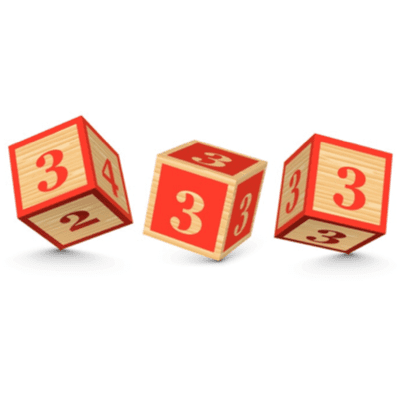
Knowledge of selfKnowledge of self: they know that they learn better when they study in a quiet setting, rather than in front of the television.Knowledge of taskKnowledge of task: they know that it’s not necessarily easier to prepare for a multiple-choice test than writing an essay.Motivation – Self-regulated LearningKnowledge of strategiesKnowledge of strategies: they know when and how to use strategies to improve their learning.
Self-regulated learners minimise distractions to their learning and maximise their opportunities to learn.
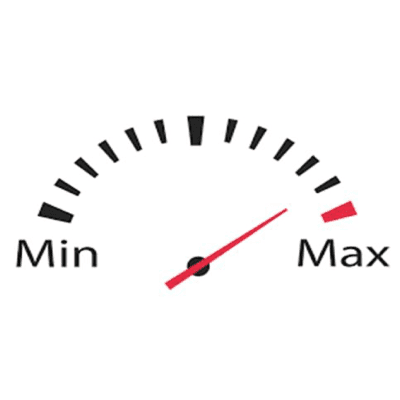
Self-regulated learners create the maximum opportunities to learn. Self-regulated learners will focus on a task and bring to it the right thinking, attitude, strategies and behaviours to get that task done.
This process might include metacognition, motivation, perseverance and self-efficacy (self-belief).
In doing this, they will have maximised the thinking and learning opportunities for the task and minimised any disruption their attitudes and behaviours might have caused.
This maximising of opportunities and the minimising of distractions enables self-regulated learners to make the best use of their knowledge and skills.
Research Brief – Self-Regulated Learning 2009
Cognitive Skills

The key components needed for self-regulation are a combination of cognitive thinking skills and non-cognitive skills.
Non-Cognitive Skills
This umbrella term is used to cover the non-cognitive behaviours, attitudes, beliefs, abilities, motivation and personality traits needed for self-regulated learning.
Key Component 1
Self-Regulation needs Cognition

In his 1956 taxonomy of thinking skills, Benjamin Bloom divided cognitive skills into two key parts:
thinking skills are cognitive skills
Key Component 2
Self-Regulation needs Self-Assessment – a cognitive skill

Self-assessment involves pupils monitoring and evaluating their learning. Self-assessment is meant to be formative and help students improve subsequent performance.
Although it shares some similarities with peer assessment, formative self-assessment does not involve giving feedback to a peer, pupil, or partner.
Instead, a student gives feedback to themselves.
Adapted from: Using self-assessment to develop metacognition and self-regulated learners – Amy Siegesmund FEMS Microbiology Letters May 2017
Key Component 3
Self-Regulation needs Metacognition (I)
John FlavellIn 1979 I named another type of cognitive thinking in addition to lower order and higher order thinking.
I called this metacognitive thinking (metacognition).John FlavellMetacognition is a cognitive skillJohn FlavellMetacognition has two key partsKEY PARTmetacognitive knowledge
(knowing what the task involves)KEY PARTmetacognitive regulation
(managing the doing of the task)KEY PARTWhat learners know about the demands of a particular learning task.
What learners know about the different approaches that they might use in the task.Adapted from: Cambridge Assessment – International Education – Getting Stated with MetacognitionKEY PARTHow learners manage and control their cognitive processes.
e.g. choosing the best strategies for the task and changing track if their strategies are not working.
Key Component 3
Self-Regulation needs Metacognition (II)
For students, having metacognitive skills means that they are able to recognise their own cognitive abilities, direct their own learning, evaluate their performance, and understand what caused their successes or failures.
Metacognition in the Classroom: Benefits & Strategies March 2021
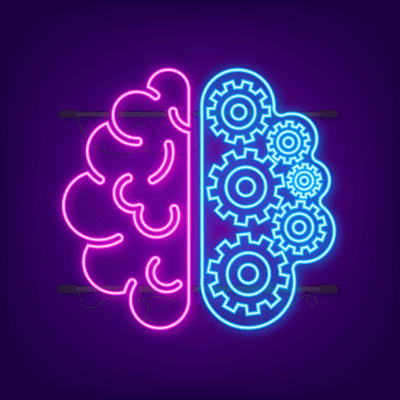
When teachers help pupils to develop strong metacognitive abilities, pupils develop a deeper awareness of the learning process and gain control over their own learning.
This leads to:
• increased ability to manage one’s own motivation
• enhanced personal capacity for self-regulation
• pupils becoming more self-regulated learners
Using metacognitive strategies to support student self-regulation and empowerment – Professional Practice 2019
Key Component 3
Self-Regulation needs Metacognition (III)
Pupils cannot self-regulate if they are not metacognitive

The ability of pupils to effectively self-regulate their learning is dependent on their metacognitive ability.
A lack of metacognitive ability prevents pupils from not only succeeding at an academic level, but also hinders the self-regulated learning that is needed to be a lifelong learner capable of adapting to any learning situation.
Using self-assessment to develop metacognition and self-regulated learners – Siegesmund – Jun 2017
Key Component 4
Self-Regulation needs Motivation
The key components needed for self-regulation are a combination of cognitive thinking skills and non-cognitive skills.

Motivation to learn is “indispensable”.
Students who are motivated to reach a goal will engage in self-regulatory activities that they feel will help them achieve that goal.
This self-regulation promotes learning, which leads to a perception of greater competence, which sustains motivation toward the goal and to future goals.
Self-regulated learning can be defined as “the degree to which learners are metacognitively, motivationally, and behaviourally active participants in their own learning process”. (Zimmerman, 2008).
The Role of Motivation in Self-Regulated Learning 2023 – The Association between Motivation, Affect, and Self-regulated Learning When Solving Problems – Baars et all 2017 Frontiers
Key Component 5
Self-Regulation needs Volition
“Volition is one of the most significant elements of self-regulation.”

Volition is a key non-cognitive skill.
Volitional competence is marked by the tendency for an individual to increase effort when it is needed and the ability to maintain it despite obstacles or interruptions.
Volitional strategies include aspects of self-management such as persistence, perseverance and what many teachers and parents frequently term ‘buckling down to work’.
Volition is one of the most significant elements of self-regulation.
Self-Regulated Learning: A Literature Review – Duckworth, Akerman, MacGregor, Salter and Vorhaus 2009 – Institute of Education – University London
“Researchers have recently begun to lend greater attention to how volitional processes mediate the road from intention to goal attainment.”
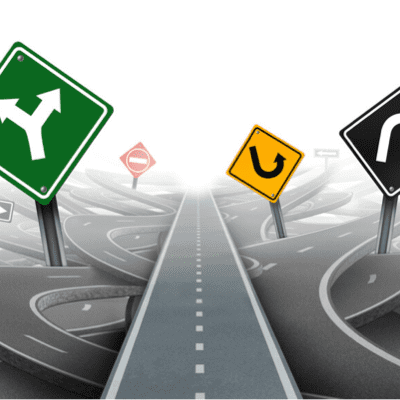
Volitional processes are defined as those thoughts and/or behaviours that are directed toward maintaining one’s intention to attain a specific goal in the face of both internal and external distractions.
(Corno & R. Kanfer, 1993; Snow, Corno & Jackson, 1996)
Modelling the Mediating Role of Volition in the Learning Process – Garcia – Contemporary Educational Psychology 23 1998
“Students frequently need a collection of volitional strategies to strengthen their resolve to stay task-focused when obstacles to their motivation for learning occur.”
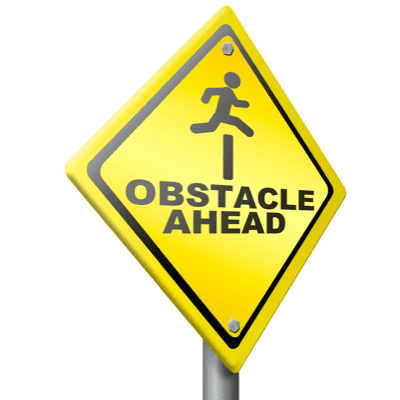
Internal and external obstacles and distractions can arise without warning
A major stumbling block to task engagement and completion is students’ lack of ability to support their motivation when confronted with obstacles.
Internal and external distractions can arise without warning, leaving pupils to wrestle with the effects of negative emotion or competing goals.
Students frequently need a collection of volitional strategies to strengthen their resolve to stay task-focused when obstacles to their motivation for learning occur.
Increasing Student Learning Through Volitional Control – McCann – Teachers College Record Vol 106 No 9 Sept 2004 – Teachers College – Columbia University
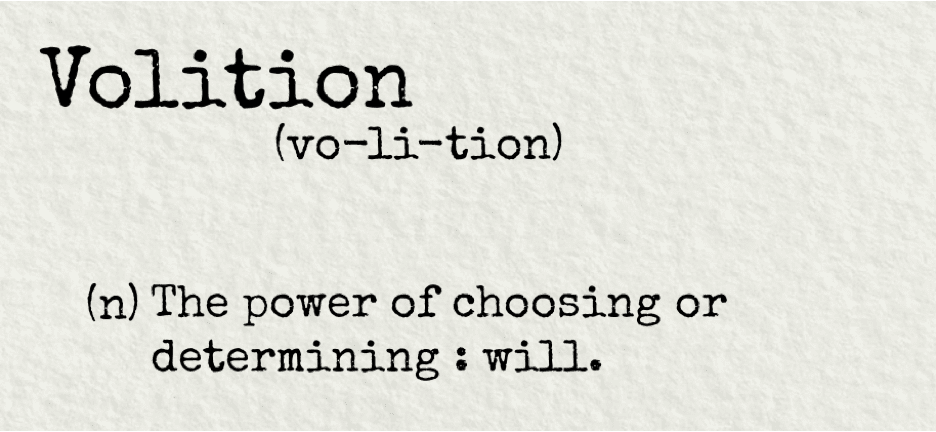
Volition is the driving force that maintains the effort needed to do the task.
Volition is not the same as motivation.
Motivation is the desire to do something; volition is the absolute commitment to getting it done.
Volition vs Motivation – What’s the difference? – Going Beyond Motivation to the Power of Volition – Massachusetts Institute of Technology 2003
Volition is important

Volition can be defined as the act of making a choice or a decision. Your volition is the power you have to decide something for yourself.
Volition (or will) is the process by which an individual decides on and commits to a particular course of action – usually a goal.
To carry out a goal, one must have a representation of a goal, must attribute a positive value to the goal, and must realise that one is not currently in the goal state but could attain this state through their own action.
Adapted from: Annual Review of Psychology The Neurocognitive Bases of Human Volition – Patrick Haggard – Annual Review of Psychology 2018 – Adapted from: Merriam, Collins, Wikipedia
Non-cognitive skills are needed for self-regulation (1)

The non-cognitive skills that are directly related to academic success, include perseverance and goal setting
Non-cognitive skills are any skills that are not cognitive thinking skills. Non-cognitive skills generally describe attitudes and behaviours such as optimism, tolerance and dependability.
Educators and researchers have long suggested that certain non-cognitive skills are important factors in pupil success (Bandura & Schunk, 1981; Ames & Archer, 1988; Zimmerman, 1990).
Educators tend to focus on the non-cognitive skills that are directly related to academic success, such as self-efficacy (self-belief), perseverance, and goal setting.
What Do We Know About Developing Students’ Non-cognitive Skills? – John Hopkins School of Education Bjorklund-Young – June 2016 | A Rosetta Stone for Non-Cognitive Skills – Jan 2015
Non-cognitive skills are needed for self-regulation (2)

The term “non-cognitive skills” is used to contrast a variety of behaviours, personality characteristics, and attitudes with academic skills, aptitudes, and attainment.
The concept was introduced by sociologists Bowles and Gintis (1976) to focus on factors other than those measured by cognitive test scores.
The non-cognitive skills needed for self-regulation include goal setting, self-efficacy and perseverance.
Adapted from: Towards Clarity in Research on “Non-Cognitive” Skills Linking Executive Functions, Self-Regulation, and Economic Development to Advance Life Outcomes for Children, Adolescents and Youth Globally – July 2016
Non-cognitive skills also include the right academic behaviours for learning such as completing homework and participating in class
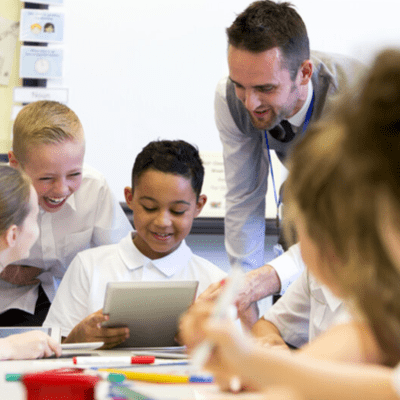
Non-cognitive skills include a range of personality and motivational habits and attitudes that facilitate functioning well in school. Non-cognitive skills reinforce cognitive skills.
Pupils with stronger non-cognitive skills demonstrate higher academic achievement throughout the schooling process (Gabrieli, Ansel, & Krachman, 2015).
Pupils’ non-cognitive academic behaviours, including regular school attendance, completing homework, and participating in class, are strongly related to measures of academic achievement, such as grades (Farrington et al, 2012).
Well-developed non-cognitive skills will help to promote the development of cognitive skills.
Non-cognitive Skills in the Classroom: New Perspectives on Educational Research – Rosen et al 2010 Research Triangle Institute | What Do We Know About Developing Students’ Non-cognitive Skills? John Hopkins School of Education Bjorklund-Young – June 2016
“Non-cognitive factors and skills are equally or even more important than cognitive factors and skills”
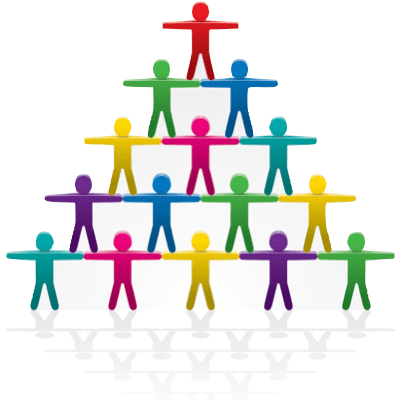
Teamwork is a non-cognitive skill
In the past decades, the prediction of academic success has been considered dependent on cognitive factors such as intelligence and academic abilities.
However, in recent years researchers in education have recognized that non-cognitive factors and skills also play a critical role in educational success and achievement (Stankov & Lee, 2014).
Researchers firmly believe that non-cognitive factors and skills are equally or even more important than cognitive factors and skills for both educational and employment potential.
Non-cognitive skills include perseverance, teamwork, decision making, conscientiousness and communication.
Non-cognitive Skills and Factors in Educational Attainment Khine et al – Contemporary approaches to research in learning innovations – Vol 9 2016 – Sense Publishers | Non-Cognitive Skills: What They Are and Why They’re Important – June 2022 – Indeed
Self-regulated learners are flexible

Self-regulated learners do not simply follow a plan of action; they adapt to changing conditions and know what to do when they encounter problems.

It is the flexible responses to unforeseen circumstances that typify self-regulation and it is important to note that self-regulated learners do not lose sight of their goals or lose positive perceptions of themselves when things do not unfold as planned.
The Role of Self-Regulated Learning in Contextual Teaching Paris and Winograd – Jan 2001 – Research Gate
Self-regulated learners are effective learners
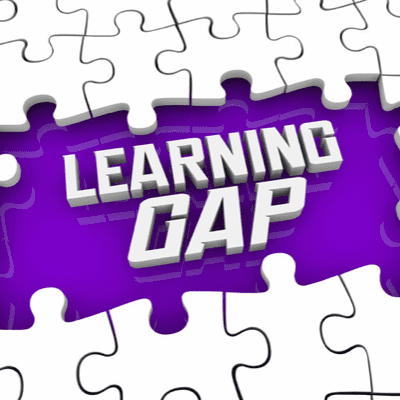
“Self-regulated learners have control over their learning”
Self-regulated learners have control over their learning before, during and after learning experiences.
They are able to effectively evaluate their learning and the gaps in their learning, determine the effectiveness of their learning strategies and make changes to increase effectiveness in future learning experiences.
Adapted from: Using self-assessment to develop metacognition and self-regulated learners – Amy Siegesmund FEMS Microbiology Letters – May 2017
Self-regulated learning is a combination of both cognitive and non-cognitive skills

“Self-regulated learners have control over their learning”
Non-cognitive skills cover a range of abilities such as conscientiousness, perseverance, motivation, adaptability persistence, resilience, decision making and teamwork. These skills are critically important to pupil achievement, both in and beyond the classroom.
Such is the pace of technological change that it’s hard to imagine what the workplace might look like even a few years from now. Schools can help pupils develop non-cognitive or ‘soft’ skills so that they are able to adapt and thrive in the adult world, whatever form it takes in future.
Furthermore, although some studies draw a conceptual distinction between non-cognitive skills and cognitive skills, it is not possible to disentangle these concepts fully.
All non-cognitive skills involve cognition, and some portion of performance on cognitive tasks is made possible by non-cognitive skills. Usually cognitive and non-cognitive skills interact together, and it is difficult to distinguish them during an activity.
Non-cognitive skills: What are they and why should we care? – Education for Global Development 2023 | Non-cognitive skills and other related concepts: towards a better understanding of similarities and differences – European Commission 2021

Cognitive Skills vs Non-Cognitive Skills
COGNITIVECognitive Skills are skills that can be measured and tested.NON-COGNITIVENon-Cognitive Skills are skills that cannot be measured or tested.COGNITIVECognitive skills are skills that are used to think, reason, remember and learn.
It is often easier to measure cognitive skills because they are used for things like taking exams or SATs.NON-COGNITIVENon-cognitive skills involve communication, interpersonal and social skills, and motivation.
These skills cannot be measured or tested.COGNITIVELearning can be measuredNon-Cognitive Skills: What They Are and Why They’re Important June 2022NON-COGNITIVEMotivation cannot be measured
Where self-regulation belongs in the “thinking skills” continuum
Bloom’s 1956 Taxonomy of thinking skills has been used for teaching and learning for over 50 years
Flavell’s theory of metacognition was developed in 1976
Bandura 1986 Zimmerman and Schunk 2001
The key 21st century thinking skills
These three skills have no single developer because they have evolved over thousands of years but they are crucial for effective learning.
Conclusion I

Self-regulating pupils are successful
Pupils who are self-regulating are much more likely to be successful in school, to learn more, and to achieve at higher levels.
Motivation – Self-regulated Learning
Conclusion II
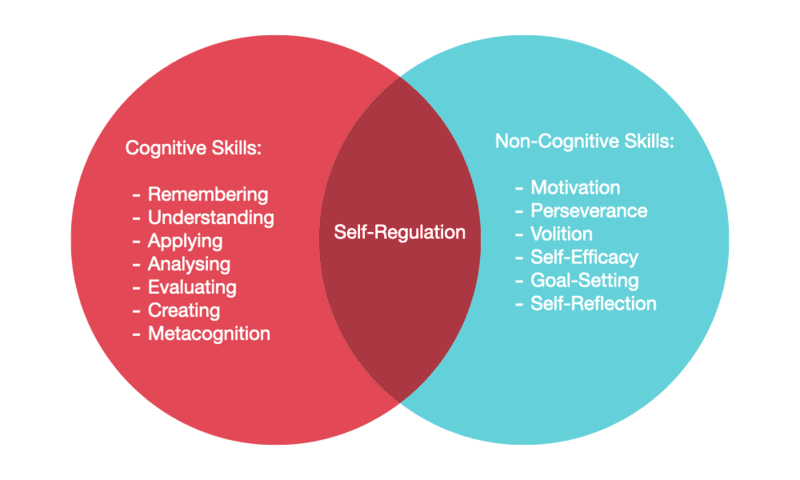
“Research has shown that non-cognitive skills are as important for academic performance as are cognitive abilities.”
Cognitive skills are the core skills your brain uses to think, read, learn, remember, reason, and pay attention. Working together, they take incoming information and move it into the bank of knowledge used every day at school.
Non-cognitive skills are the attitudes and behaviours that are needed for learning, such as perseverance, motivation and self-reflection.
Research has shown that non-cognitive skills are as important for academic performance as are cognitive abilities.
Mind Matters 2018 – A Rosetta Stone for non-cognitive skills – Jan 2015






